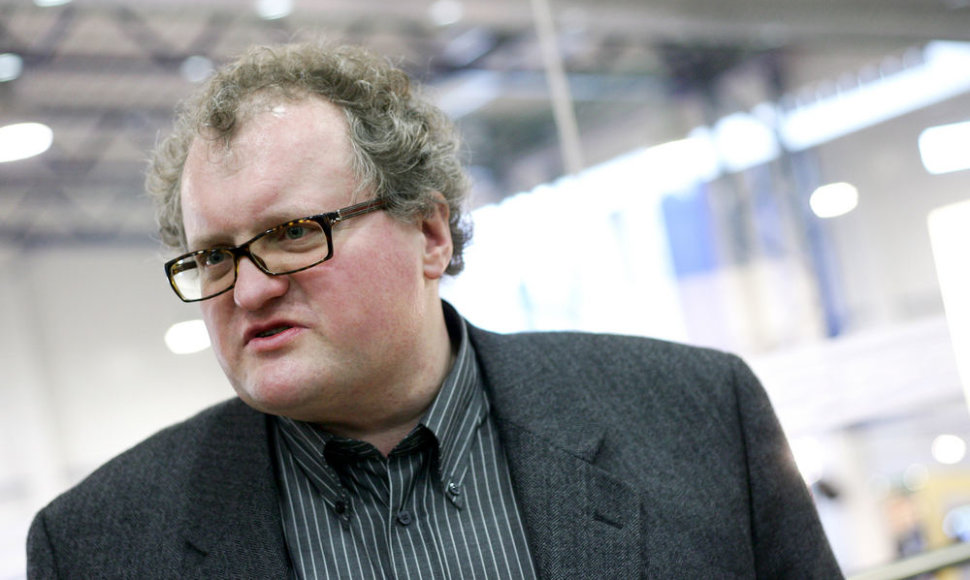Donskis, the first Lithuanian representative in the group, told BNS he expected the European Union (EU) to have enough courage to respond to the case to follow the example set by the United States and to draw a “black list” of Russian officials.
"The Magnitsky case has bared a sensitive problem one cannot remain indifferent to. We're talking about a lawyer who chose to stand up to corruption, unveiled horrific facts of corruption and sacrificed his life, which is already obvious," Donskis told BNS on Wednesday.
He said his joining the group was a demonstration of the position of the European Parliament (EP) and Lithuania.
Set up in Canada in December, the group now includes 16 politicians from 12 countries: Canada, Estonia, Germany, Great Britain, Ireland, Italy, Latvia, Lithuania, the Netherlands, Norway, Spain, and Sweden.
Magnitsky died in a Moscow prison in November 2009. Russian authorities had charged him with tax evasion. His colleagues, however, maintain that the case was fabricated in revenge for his testimony against employees of law-enforcement institutions who could be connected with the embezzlement scheme he had exposed.
Magnitsky said that 230 million US dollars had been embezzled from the Russian budget.
In response to the case, the United States worked out “black lists” of individuals linked with Magnitsky's death. The individuals cannot receive visas to the US, their bank accounts in the US have been frozen. Following the move, Russia issued a prohibition for US citizens to adopt Russian orphans.
Donskis said he expected Europe to rally enough political will to draw a “black list” of its own, regardless of strong opposition from Russia.
"We have to do this. The EP reaction must be as strong as that from the US," the MEP said.
"This is not impossible, this is not a fantasy," Donskis said when asked whether he thought the EU could decide on the “black move” soon.
Donskis said he expected Russia to "exercise all forms of lobbyism and pressure to attempt mitigating the positions via parliamentarians from Germany, France, Italy, or maybe even Britain." Nevertheless, the Lithuanian MEP said, Berlin's determination gave him hope of resolute decisions.
"Germany has resolutely censured the worsening situation of human rights in Russia. The position of (German) Chancellor Angela Merkel is resolute. Therefore, I think it paves way for a strong response from the European Parliament," Donskis added.












